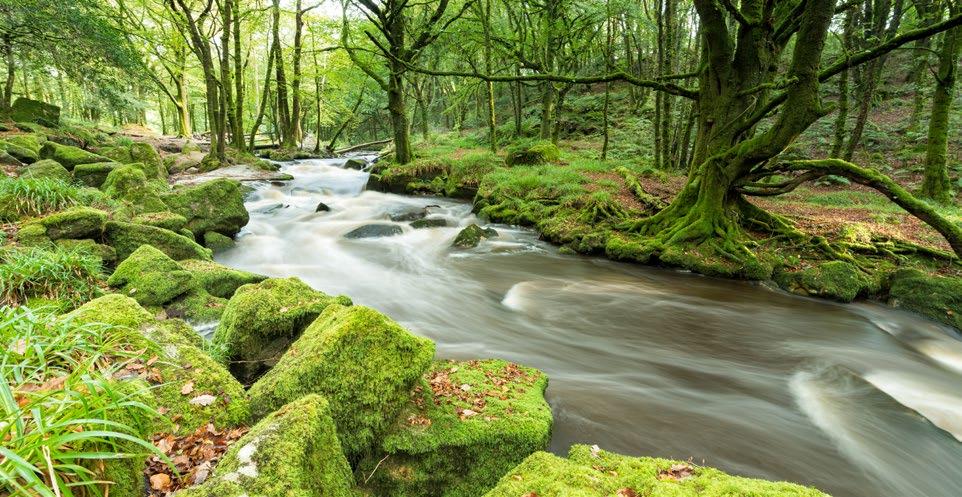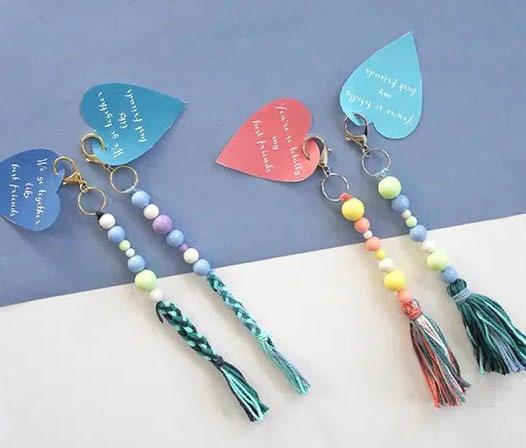





















































Happy New Year from all of us here at Families! We wish you the very best for the months ahead. Children often like the idea of getting involved with New Year’s resolutions, and you can download our free colour-in Reward Chart with tips on how to make it effective on page 26.
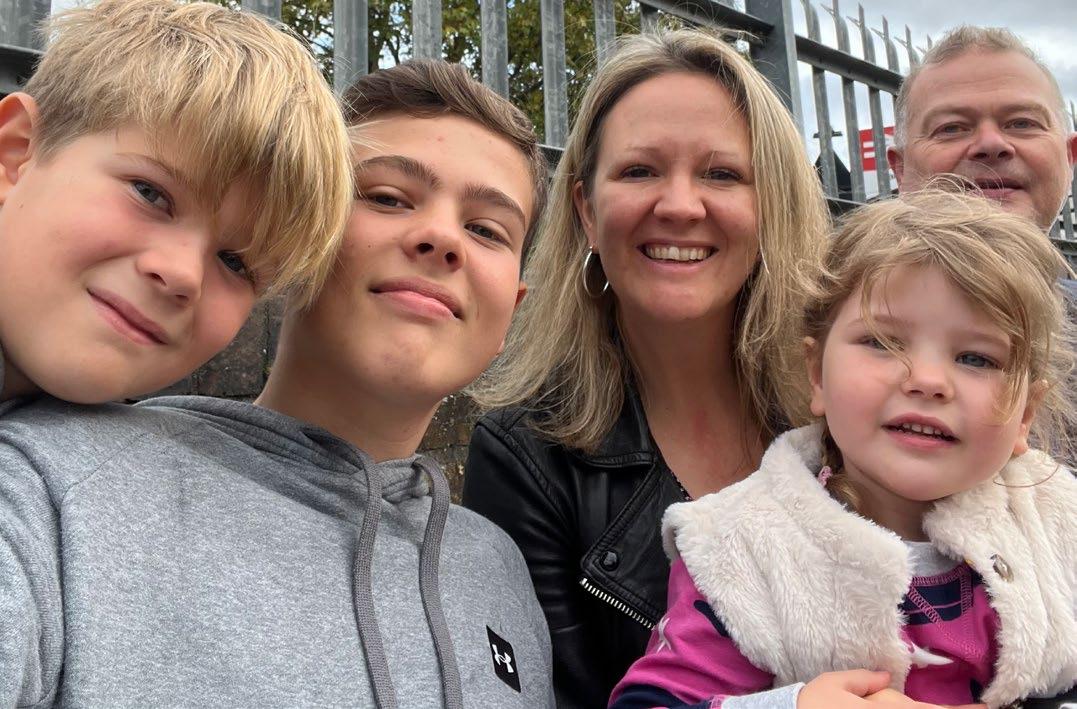
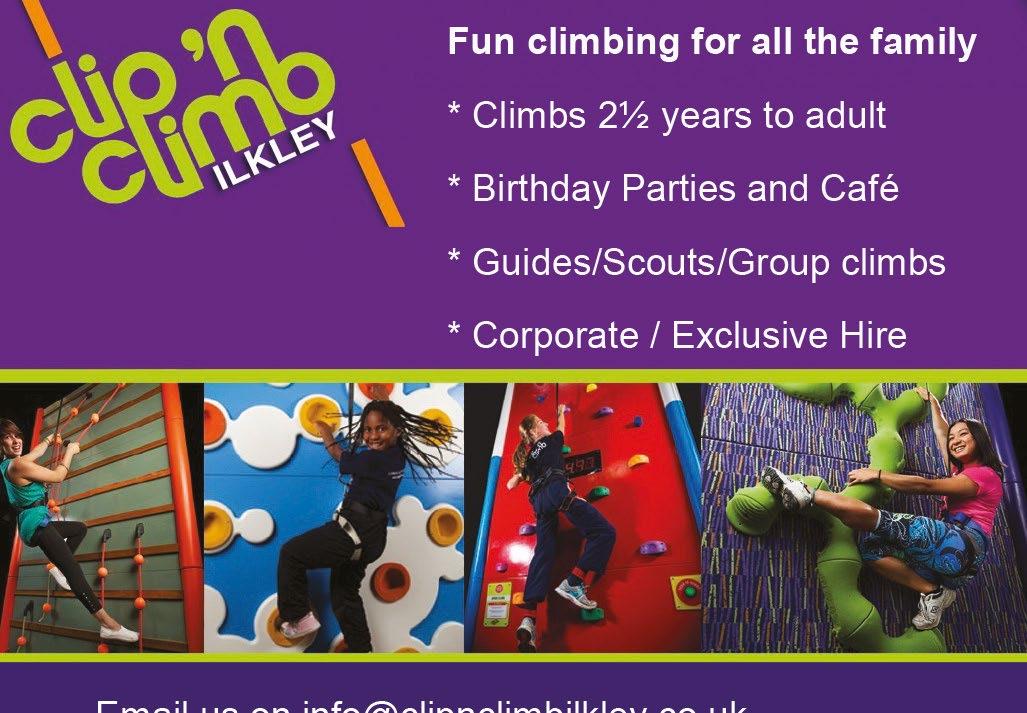
The urge to hibernate is strong in January and February. But no-one knows better than the parents of young children that getting out of the house can be a good thing. We’ve profiled some of the fantastic classes you can take little ones in this issue. There are also lots of free sessions going on at libraries and museums – check out our What’s On listings on page 30.

And for getting outdoors, we’ve got ideas for family activities, projects to help welcome more wildlife and the lowdown on the retro art of roller staking!
Finally, in this issue, we have Britannica Magazine subscriptions and other goodies to giveaway! Apply inside the magazine. By doing so, you’ll also ensure you receive our digital magazine with lots more content and goodies on offer.
Dangerous things (you should let your child do) Education
Charity news Early years Clubs & classes Family batch cooking Family night in Make your garden a haven for wildlife
Winter make ‘n’ do’s Health
Reward chart downloadable Love crafts What’s On
Competition winners from our September/October issue
Congratulations to all our winners. You can find a list HERE
Let them experience ‘age-appropriate risk’ under adult supervision AT ALL TIMES. Research shows that it’s essential for a balanced childhood.
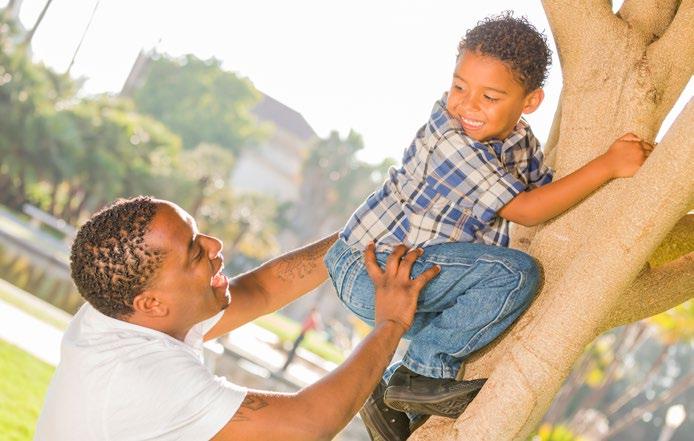
The use of a power tool is an important life skill that is good to learn early.
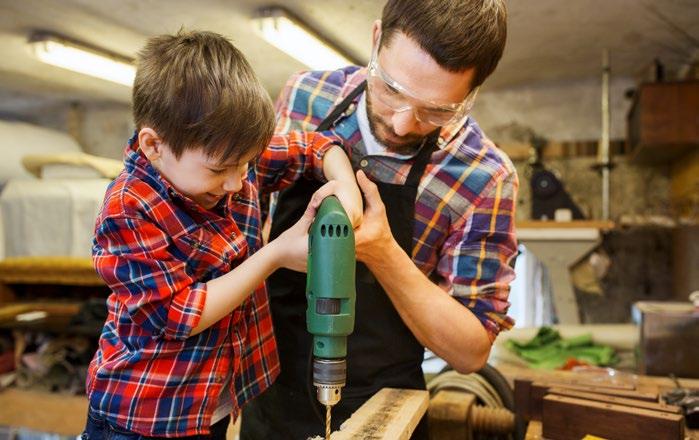
Challenge your child to live blindfolded – it’s fun and builds empathy.
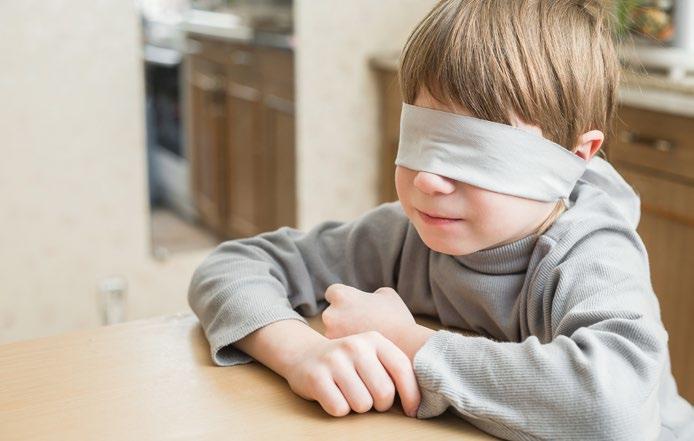

It’s best children learn about fire safely with you.
Children can’t resist throwing - and it can be managed safely.

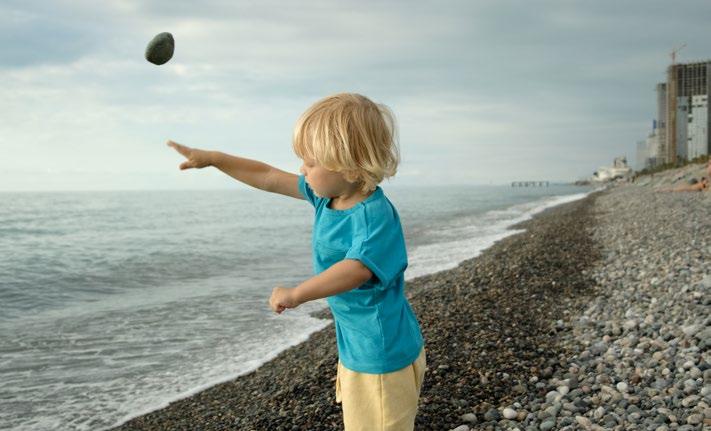
A life skill that develops with experience, whittling is a fun introduction.
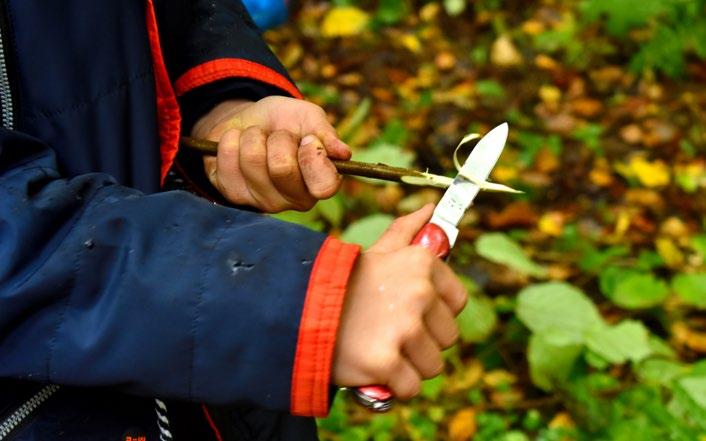
Another irresistible urge for children - fun and beneficial when done safely.
Blow

A classic science experiment which is spectacular - but messy!
This ancient British game can be safely played if done correctly.
Use a bow and arrow
Though potentially hazardous, it’s great for developing situational awareness.
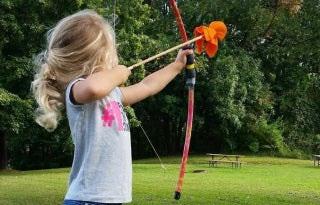
 By Dr Jamie Lingwood
By Dr Jamie Lingwood

Early language development is incredibly important and sitting down to read with your child gives them a big advantage in this area. But what are the best ways of helping your child to enjoy shared reading and why is it so beneficial?

 By Jessica Joan
By Jessica Joan
In May, Year 2 (KS1) and Year 6 (KS2) pupils will take their SATS exams. Yet, from their very first day at school, children are being trained to be able to perform in preparation for these assessments. So what support can you give at home?
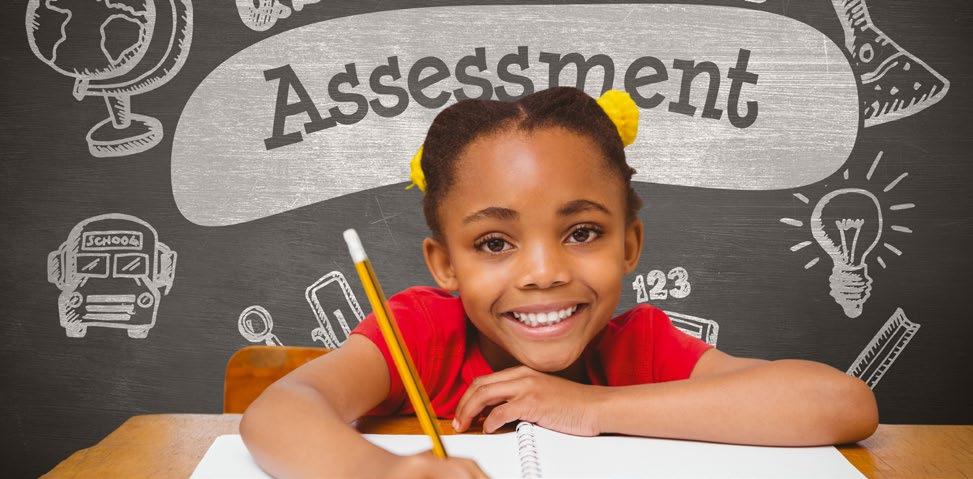

Plan some great reading for your child with our children’s book suggestions, all just published or due to be published this year.
DJ Baby Funky novelty board book featuring spinning record turntables! Ages 1+.
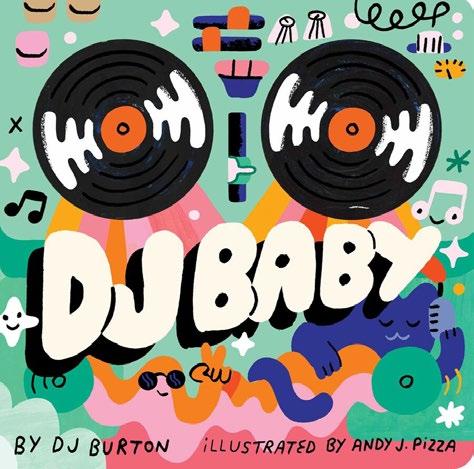
Ten Little Bugs Part traditional counting rhyme, part fun-filled story - perfect for sharing. Ages 3-5.
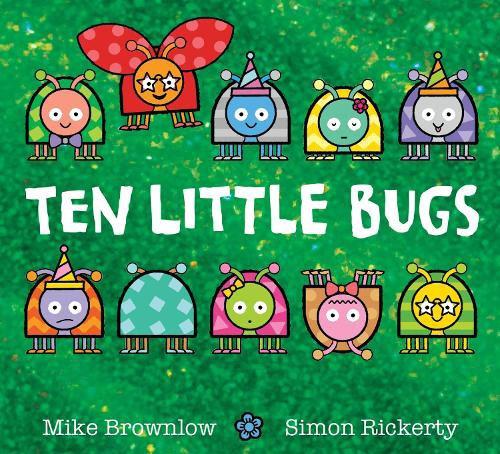
Grandad’s Pride
Beautiful follow-up to Grandad’s Camper, filled with heart and purpose. Ages 3-6.
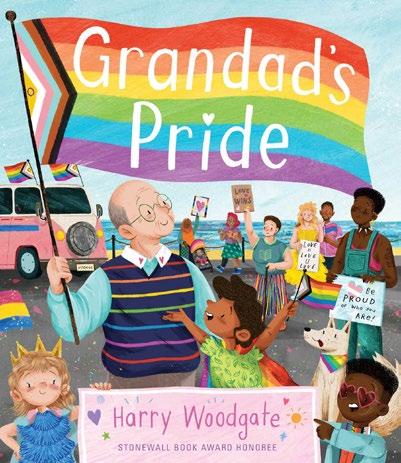
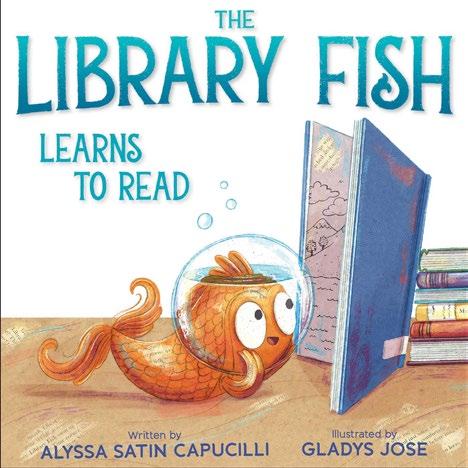
Charming picture book about the unusually literary fish. Ages 4-8.
Weird but true! 2023
National Geographic annual loaded with brain bending facts and photos. Ages 7-10.


Special World Book Day story (£1) in the actionpacked series. Ages 8+.
Special World Book Day story (£1) - a funny, joyful romp. Ages 6+.
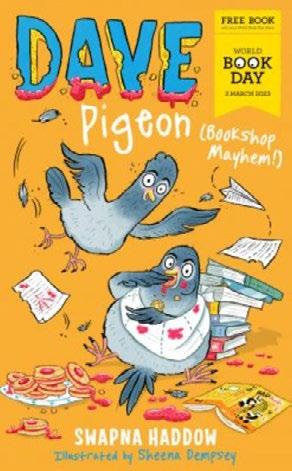
Valentine Crow & Mr Death
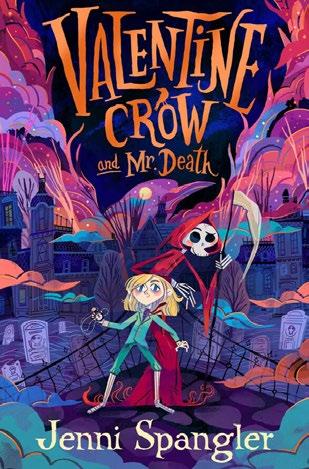
Distinctive, warm and funny. From highlyacclaimed Jenni Spangler. Ages 9+.
Gilbert the Goblin’s new adventure – finding the legendary yeti. Ages 4-8.

His first official engagement couldn’t have been more prestigious. Newly elected Leeds Children’s Mayor Mason Hicks and members of the UK Youth Parliament met King Charles III when he visited Leeds in November.
Mason, aged 10, was elected after campaigning on a manifesto of children’s mental and physical health, promoting kindness and community spirit, and the creation of an event to bring children from different backgrounds together.

Mason, a pupil at Whitkirk Primary School, said: “I really liked meeting The King, it was very exciting. Me and my school made cards for his birthday and gave them to him.”
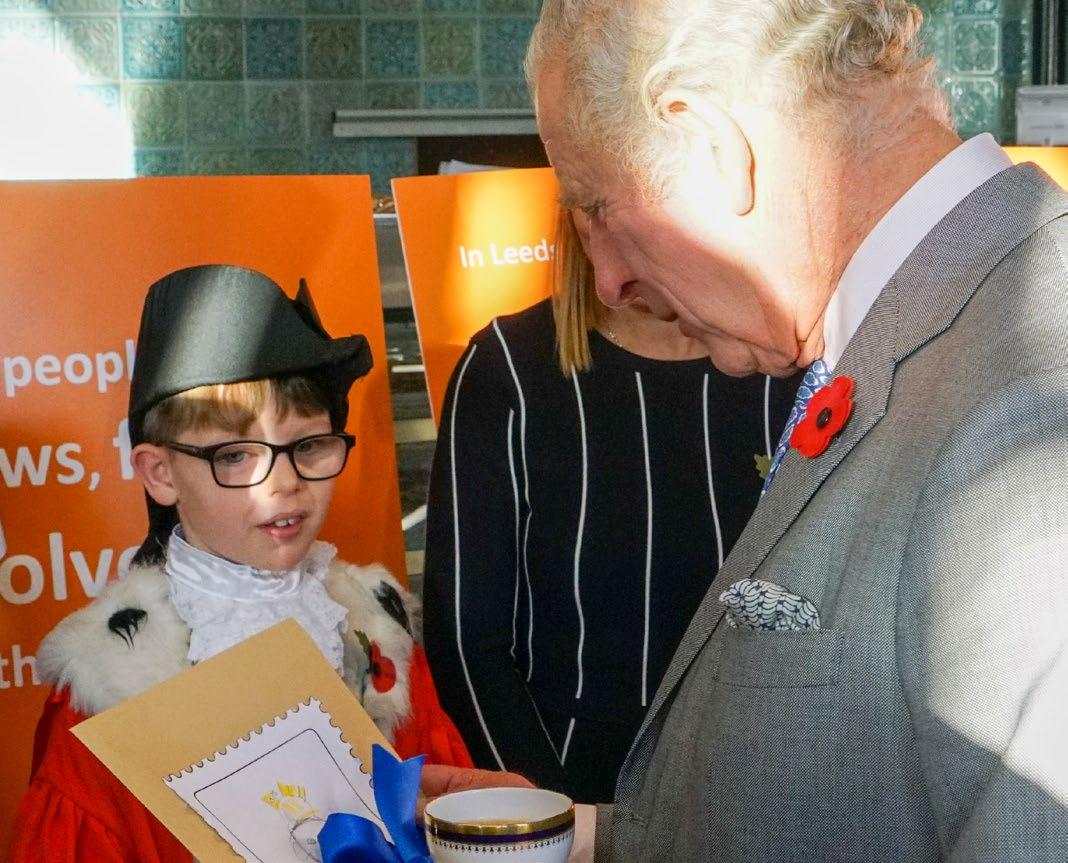
Mason was announced as the new Children’s Mayor of Leeds by the Lord Mayor of Leeds Robert W
Mason spent much of the summer holidays campaigning in an election that saw nearly 8,000 local children and young people cast their vote in support of 12 candidates from across Leeds.
To follow the progress of the Children’s Mayor on Twitter, see @LSChildrenMayor.
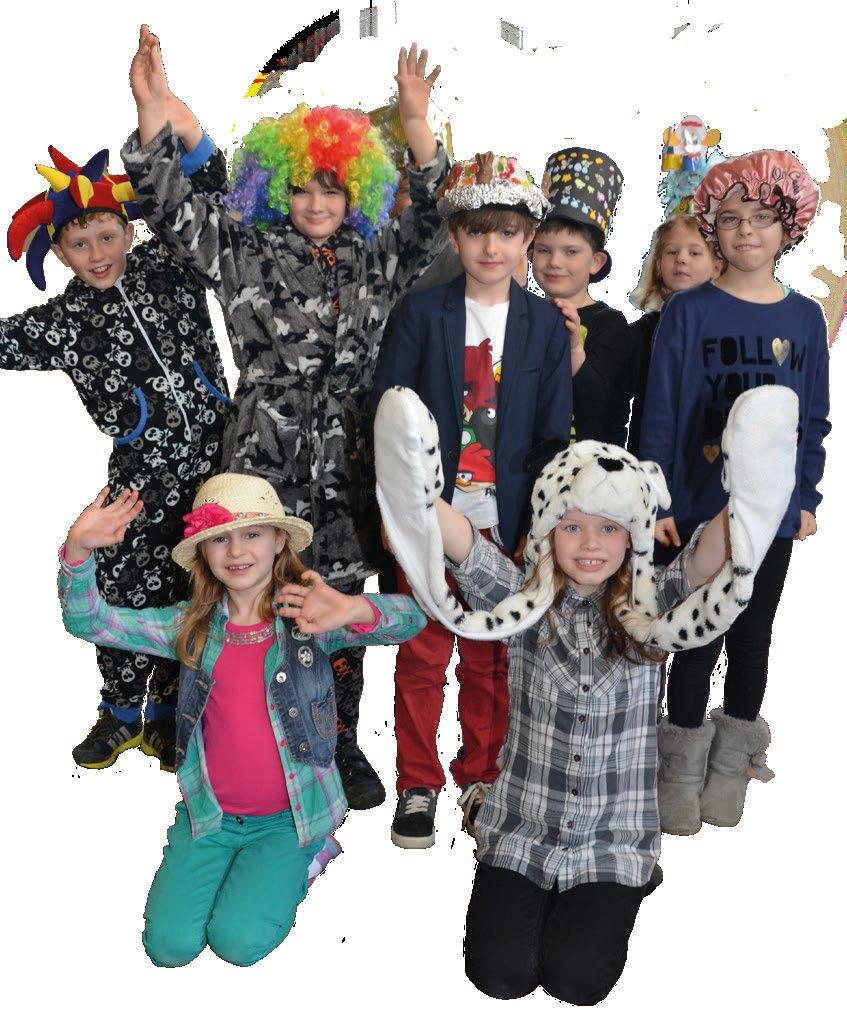





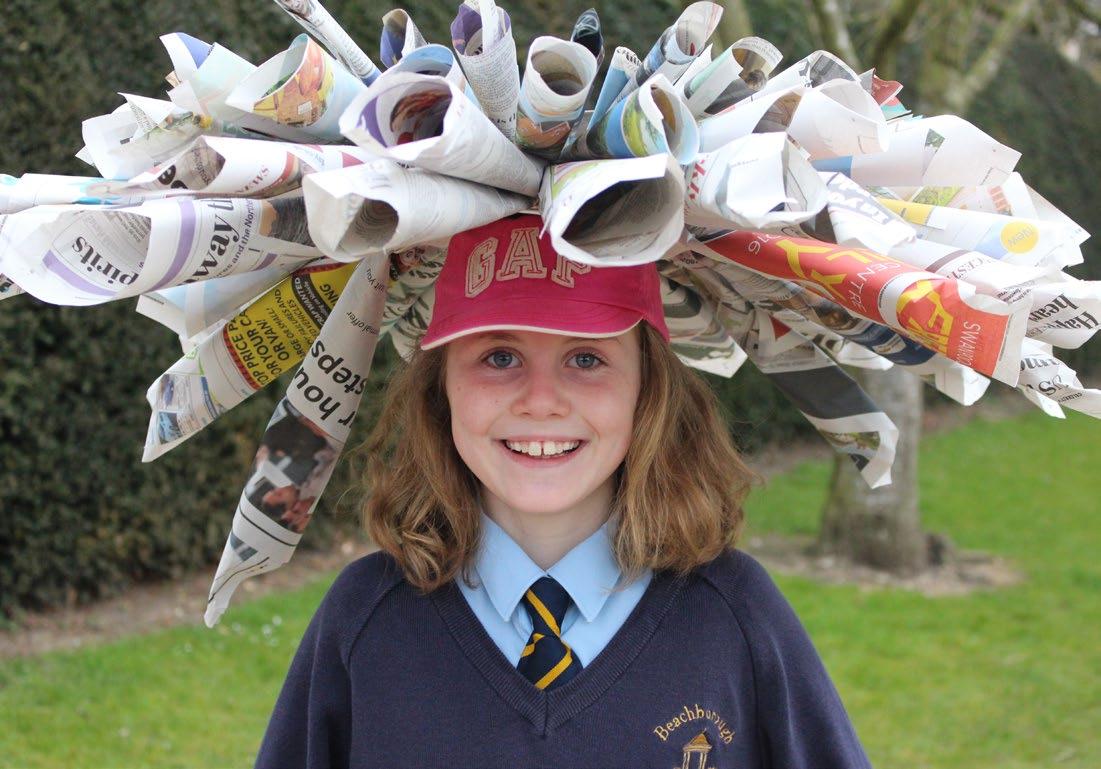



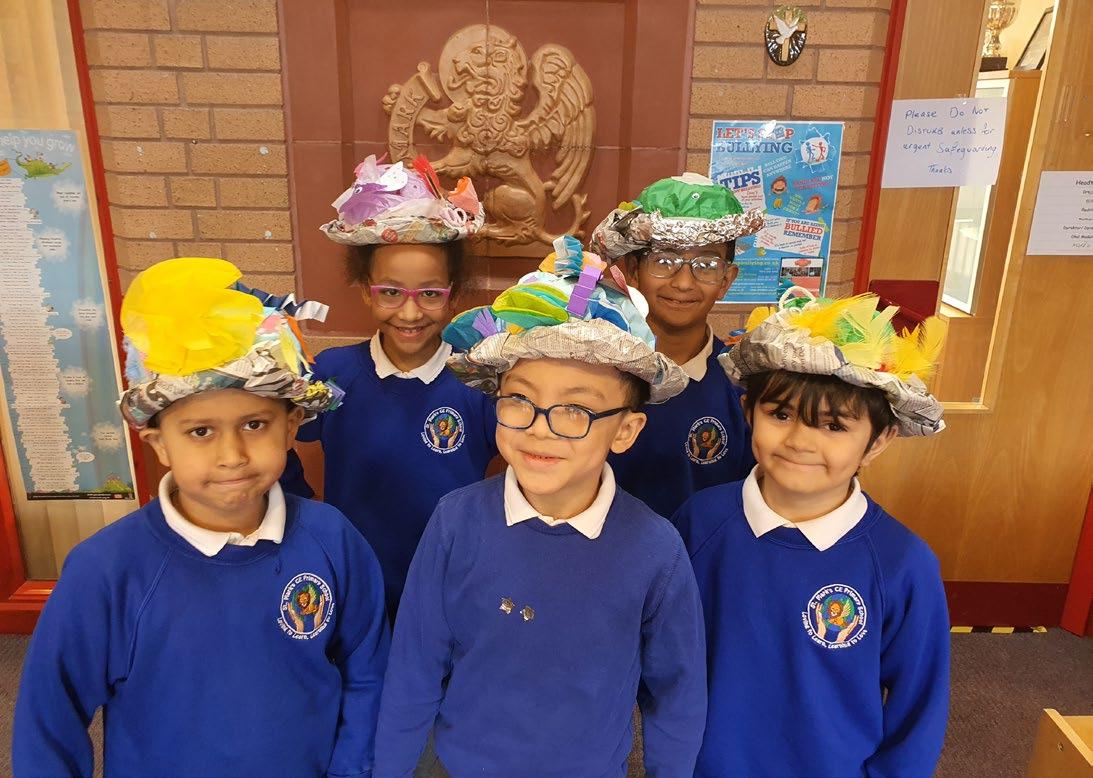
 By Sarah Ockwell-Smith
By Sarah Ockwell-Smith
The ‘terrible twos’ aren’t called that for nothing! This stage of a child’s life is all about big feelings. Scientifically, it relates to the undeveloped prefrontal brain cortex meaning a child is unable to regulate their own emotions.
What is a tantrum?
Tantrums describe the state of an individual who is out of control, full of big emotions and stress hormones and unable to calm themselves down. Tantrums can happen right into adulthood but adults learn to self-soothe.
Toddlers don’t possess these skills yet. They are not being naughty or manipulative, they are simply being toddlers. Tantrums are a normal and exceedingly common feature of child development. Research has found that nearly nine in ten children between 18 months and 2 years regularly have tantrums, with most having at least one a day, lasting on average between thirty and sixty seconds (although it is not uncommon for them to occur far more frequently and last for much longer).
Contrary to popular belief, ignoring, shaming or punishing tantrums can make a toddler’s behaviour much worse. These approaches ignore a child’s difficult underlying feelings and don’t resolve the cause
or help the toddler regulate their behaviour. Experts have discovered just how much infant brains are affected by the level of parental care they receive. With nurturing attention, the part of their brains responsible for regulating emotion become better connected as they grow.
READ MORE

Froebelian School in Horsforth, Leeds, raised a fantastic £4499.53 for Save the Children during the last academic year.
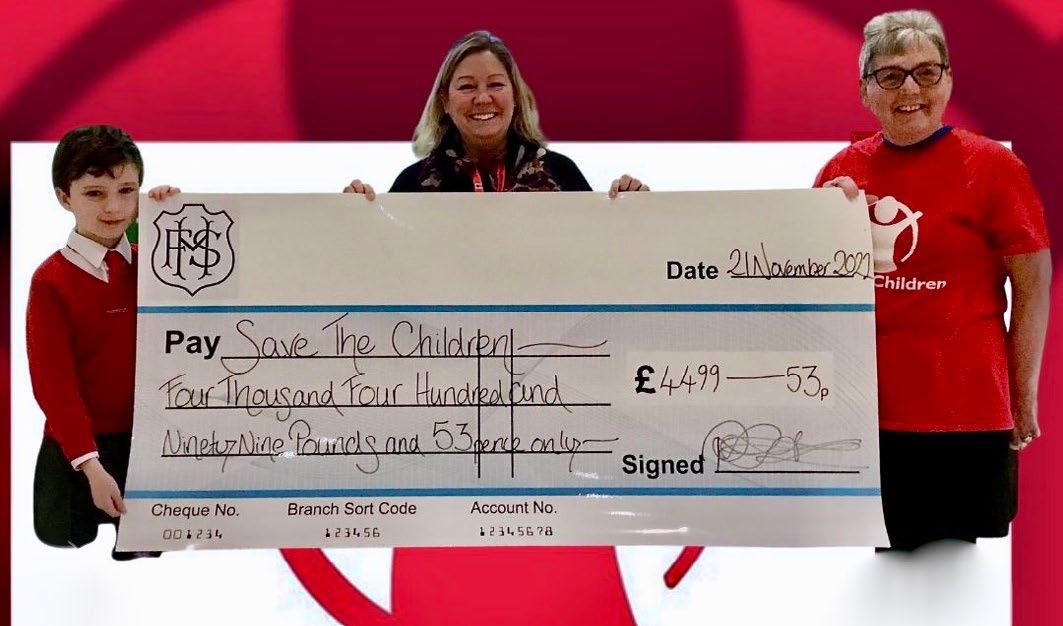
Among its fundraising activities, headteacher Catherine Dodds embarked on a wing walk, raising more than £1,000.
Bradford-born Mrs Dodds said: The Wing Walk is one of the biggest (and most adventurous!) things I have ever done, and I am so grateful to each and every person that has supported me through it.”

She added, “Working
lucky in our school to work with children who have happy, safe and secure family backgrounds. Sadly, not all children around the world are quite so fortunate and part of our work in school is helping to inspire our children at Froebelian to be global citizens and to do what they can to support others who may be in need.”
More about The Froebelian School HERE.
Award-winning Toddler Sense classes available in North Leeds for ages 13 months to 5 years.
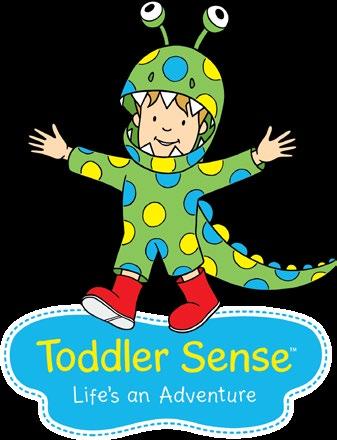
A session made up of two parts allow toddlers to explore adventure playtime on bouncy castles, soft play, ride ons and more. Followed by themed sensory activities with puppet shows, interactive games and light shows. Each week there is different equipment and a different theme.
Text Lou on 07870 275916 or CLICK HERE for more info.

with children is an absolute privilege and we are
Find inspiration and sign up! Don’t forget to say you saw them in Families Leeds & West Yorkshire magazine.
Pregnancy, baby and toddler classes that focus on development in a fun, easy way.
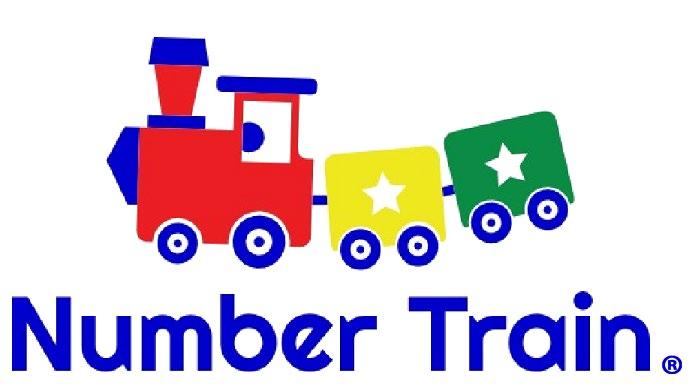
A fun and interactive introduction to maths for preschool children.
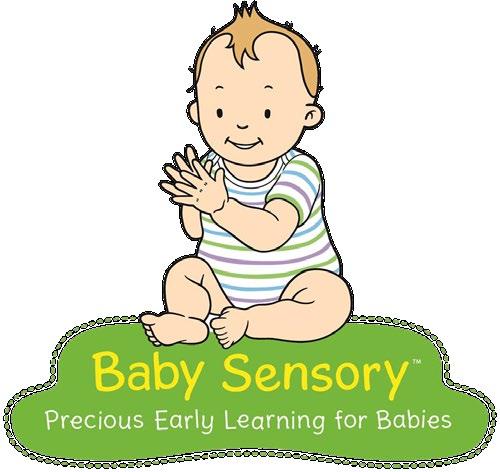
Supporting your child’s cognitive development with different weekly themes.
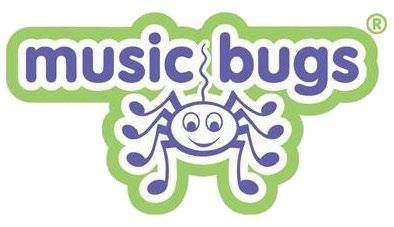
Sensory, playbased music and singing classes for babies, toddlers and preschoolers.
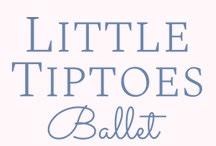
Imaginative pre-school dance classes for tiny dancers across Leeds.
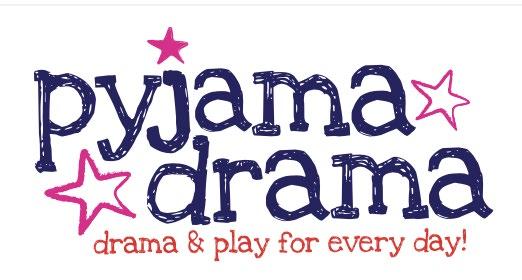
Develops key skills by creating imaginary worlds for children to explore through play.

Explore adventure play on bouncy castles, soft play, ride-ons and more. Ages 13mths-5 years.
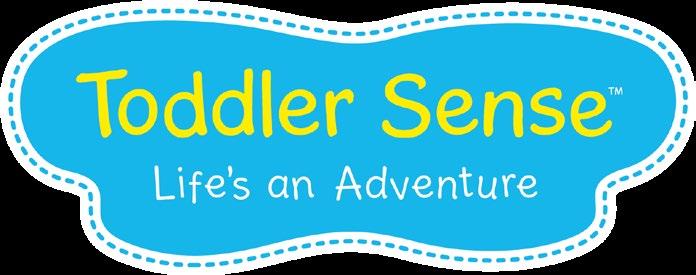

Yoga classes offered in Leeds from ages 12 weeks+.
Language clubs packed with play, energy and fun across Leeds and Harrogate.
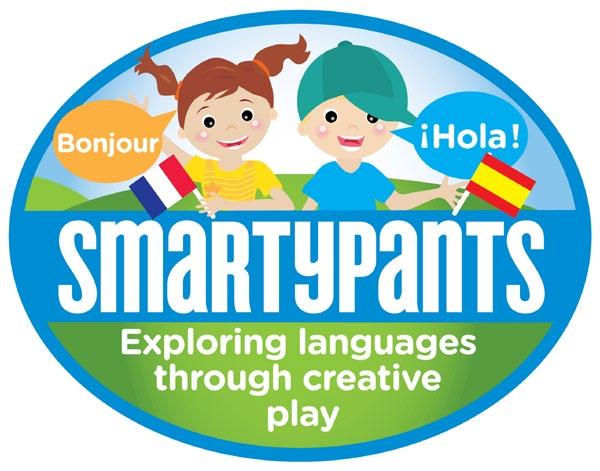
Lucy Haven, who runs Little Seedlings, is celebrating with her family the arrival of her second child, baby Eryk.
Lucy set up the pregnancy, baby and toddler development groups in Leeds three years ago. She was looking for something more flexible around family following the birth of her first child, Blake.
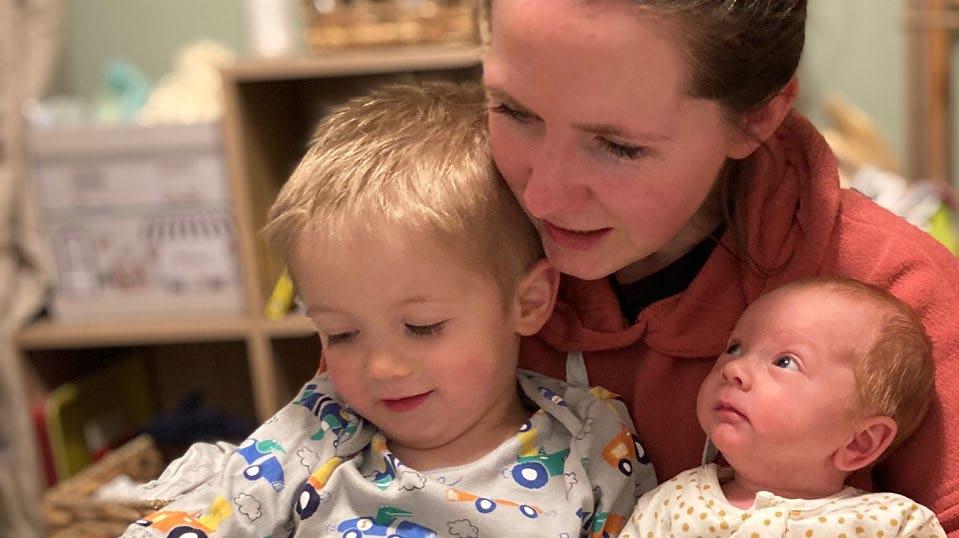
Since then, Little Seedlings has grown, with groups now running in Chapel Allerton, Horsforth and Barwick in Elmet - including regular sessions and pop-ups.
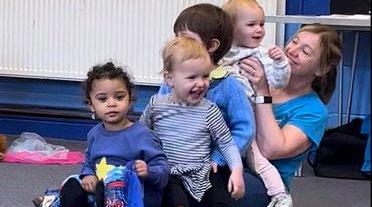
Lucy and her team have lots of personal experience to bring to Little Seedlings!
Classes focus on development in a fun, easy way. They are just as much for the adult as the child. They build support networks and confidence about how best to play and teach your child.
Little Seedlings cover all areas of learning from pregnancy to three years old.
More info HERE .
There are now even more places to enjoy MusicBugs classes in Leeds. The popular sensory music, movement and singing sessions take place in Alwoodley, Headingley, Horsforth, Meanwood, Moortown, Roundhay and now the new location of Shadwell.
There’s always a friendly and relaxed atmosphere, with a gentle structure to allow little ones to join in, explore and develop in their own way and at their own pace.
Sing along to nursery rhymes, fun action songs, lively knee bouncers, counting songs and finger-play rhymes. Explore different percussion instruments and enjoy making music together.
Enjoy a range of colourful, engaging props such puppets, teddies, coloured scarves and ribbons, pompoms, counting mitts, dinosaur tails and hobby horses - plus, plenty of bubbles of course.
More info HERE.
Join Diddly Oms and introduce your little ones to the wonderful world of yoga. Classes are offered in and around Leeds for 12 weeks old up to secondary school. Diddly Oms helps bring your child more confidence, strength, flexibility and more.
Classes start with baby yoga; specially adapted and an opportunity to learn to relax together.
In toddler yoga, each week brings a different story to life with stretches, yoga postures, nursery rhymes and games.After school club is available from four years old as they begin to build upon their yoga skills.
Monthly family classes bring everyone together in a fun-filled session for all to join with partner yoga and a chance to have some fun together.

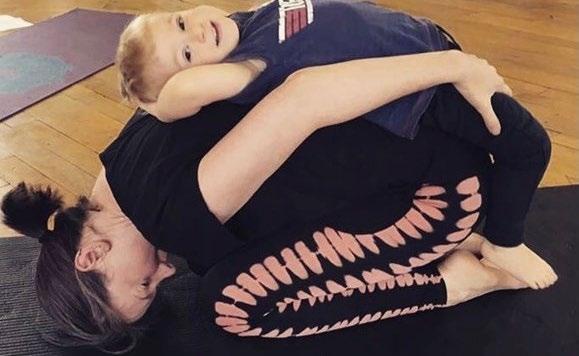
The full timetable can be found HERE.



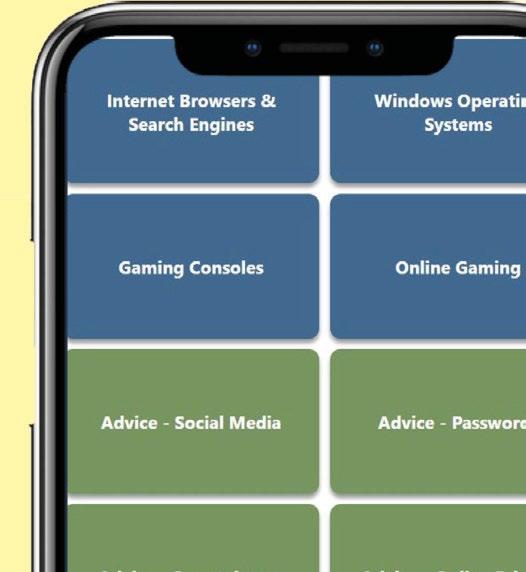
Parents and carers love taking their babies to the WOW Centre in Alwoodley for Baby Sensory classes. It’s easily accessible from all parts of North Leeds and surrounds, with its own car park, and it’s a dedicated space where classes take place right throughout the year.
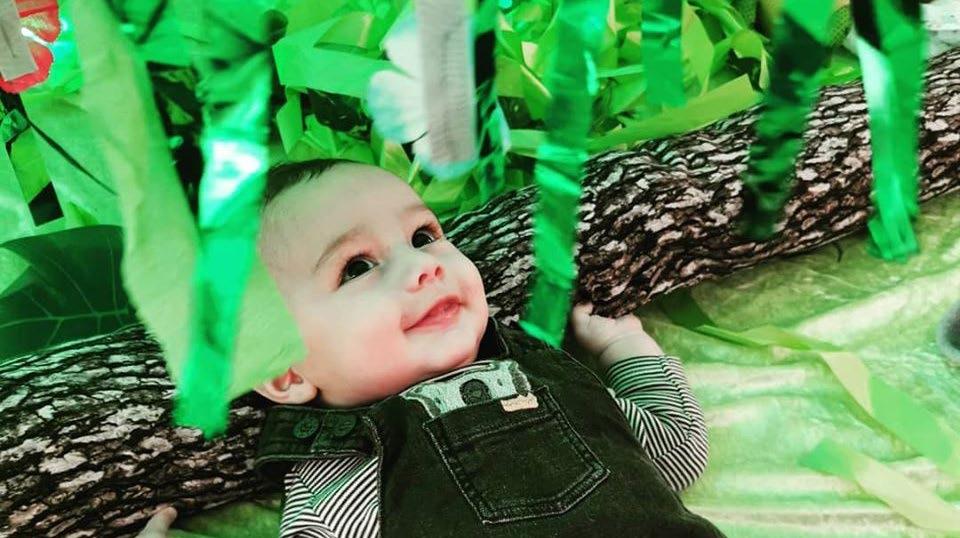
Baby Sensory provides ideas for creative play, massage, tummy time, movement, visual development, textures, scents and music in simple practical ways that can be easily repeated at home.
It also use a combination of original and traditional songs and rhymes to develop early speech and language skills, and sensory signing activities to help parent and baby communicate from birth.
More info HERE .
At the age when a preschool child’s imagination is on fire, drama is incredibly valuable to them.
It supports the development of life skills, helping them to make new friends, manage emotions, concentrate, problem solve, make decisions and believe in themselves. All this, while also developing their communication and language, physical skills, and of course being lots and lots of fun!
Pyjama Drama’s Sara Wainman is expert at delivering drama for young children. She knows how to live in the moment with them and help bring their imaginations to life.
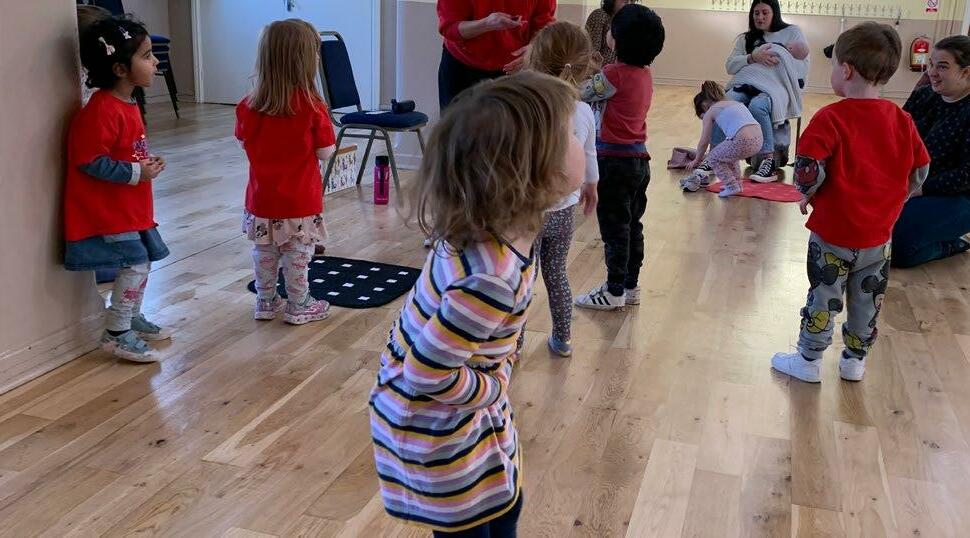
In every class, children sing, dance, play drama games and, of course, pretend. Each week is a different adventure.
EMAIL Sara for details.
More info HERE.
All aboard the Number Train!
Annette Peterson designed the pre-school class Number Train to build strong foundations in early years maths.
Specifically aimed at older preschoolers to help them get ready for starting school, every session is different, and action packed with songs, games, art and playtime linked to a new destination.
Children learn about numbers, counting, shape, position, direction and measures through fun, themed and interactive adventures on the train. Very often, children are learning maths without realising. They love finding out where the train is going each week - Space, China, Australia, Supermarket, Seaside, The Farm....... the list goes on!
Classes are always delivered by an experienced primary school teachers and they also use the session to share with parents useful ideas, educational terminology and to model how to teach your child in a fun way.
Find out more HERE.
Toddler Sense classes are packed with fabulous activities which develop physical, communication and social skills.
A session made up of two parts allows toddlers to explore adventure play time on bouncy castles, soft play, ride-ons and more. This is followed by themed sensory activities with puppet shows, interactive games and light shows. Each week there is different equipment and a different theme.
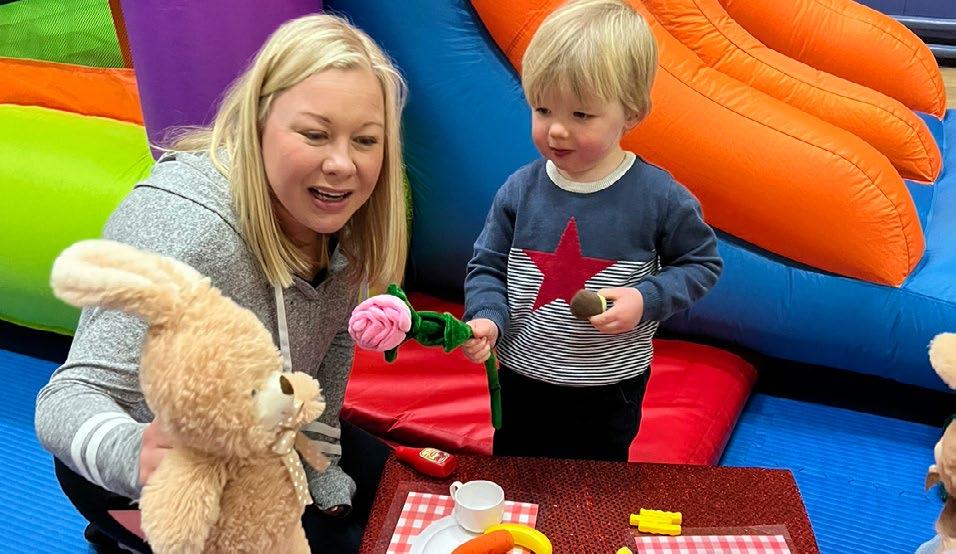
Climb aboard a rocket and zoom to the stars, put the hatches down on a yellow submarine, explore the blue lagoon, tame a fiery dragon, dive to the bottom of the coral sea, go ape at the African zoo…the adventures are endless.
Classes are available for children from 13 months to 5 years, and siblings under 13 months are free. Classes run in Adel, Bramhope and Roundhay. Find out more HERE.
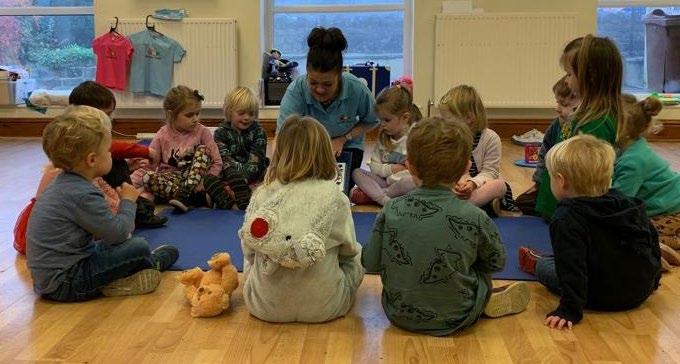
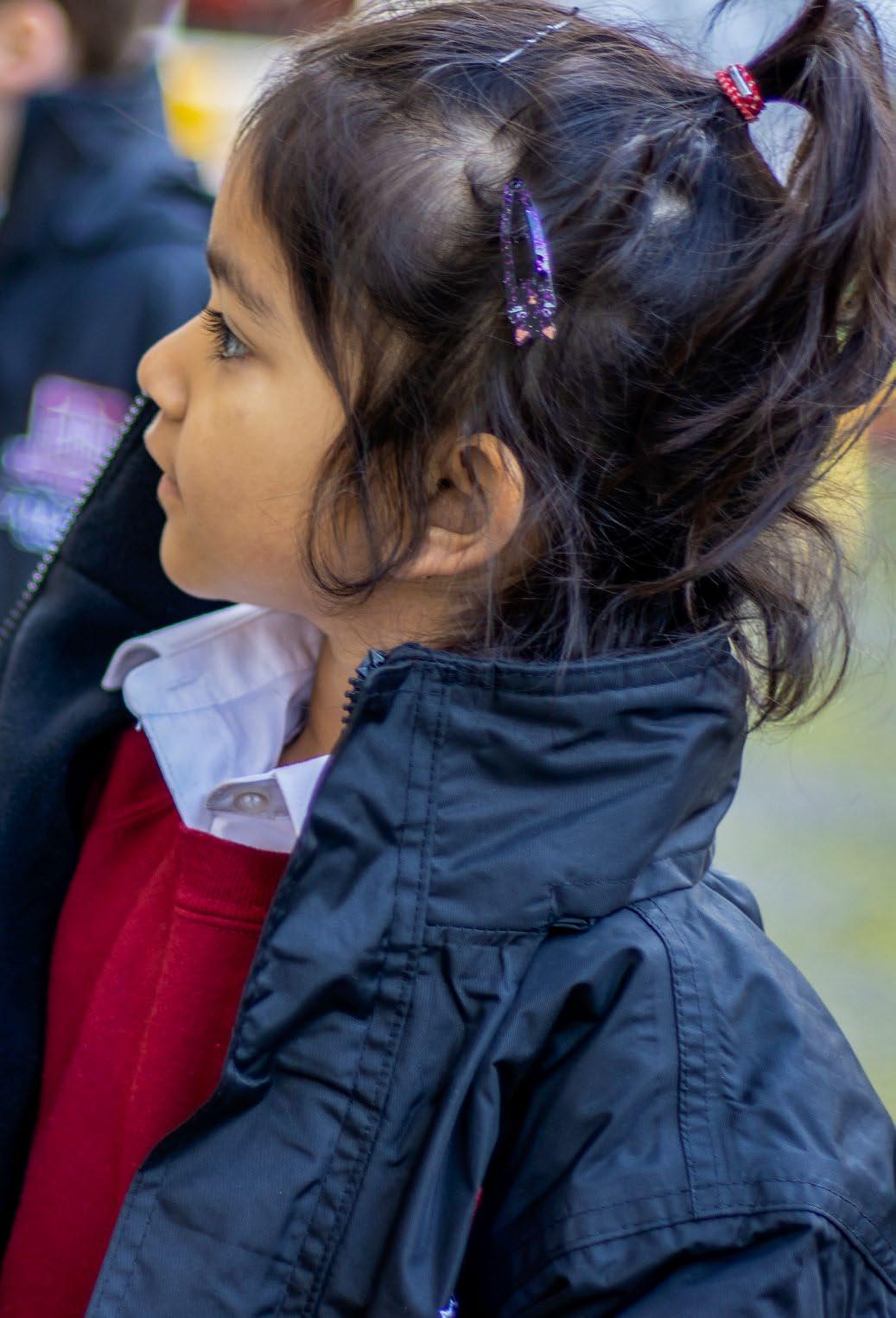
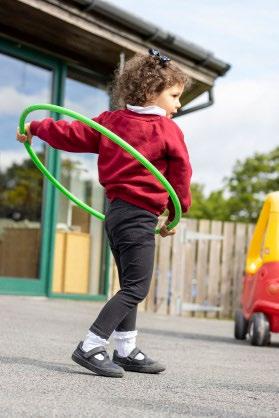
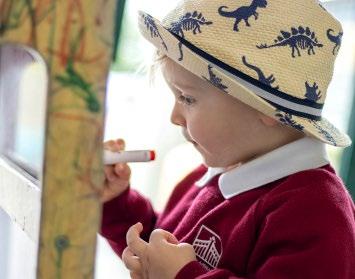
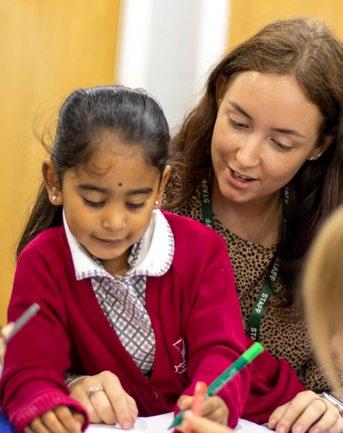
The roller skates I got for Christmas the year I turned 11 opened up a new world of adventures.
I’ll always remember the hours spent rolling up and down the path in our local park, singing to ‘Careless Whisper’ by George Michael on my Sony Walkman…. Then Mum got a pair too and suddenly we had a shared hobby, just as the mother-daughter connection might’ve otherwise got a bit lost in the transition from primary to secondary school.
This was the 1980s, when rollerskating was all the rage – and now it’s making a comeback, with skating sessions and roller groups popping up everywhere.
Skating is a fun way to get active, a low-cost family activity, and a skill kids can continue to enjoy independently into their teens. And now there’s lots of ways for families to skate together….

You can find information about free kit, skate swaps and support learning to skate HERE.
And some places to roller skate are:
• Cross Flatts park in Leeds
• West Leeds Rollers, who skate in Kirkstall, Bramley and Farsley
• Potternewton Rollers
•
•
•
•
•
•
Last year I took my seven-year-old to Harrosk8 and felt the thrill all over again – now we love skating together. She’s not so into ‘Careless Whisper’ but hey, you can’t have it all.

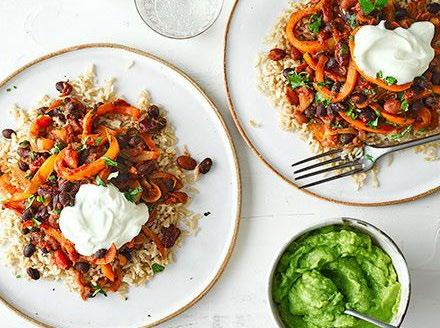
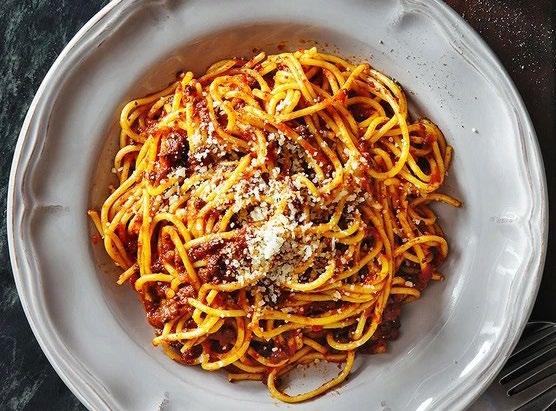
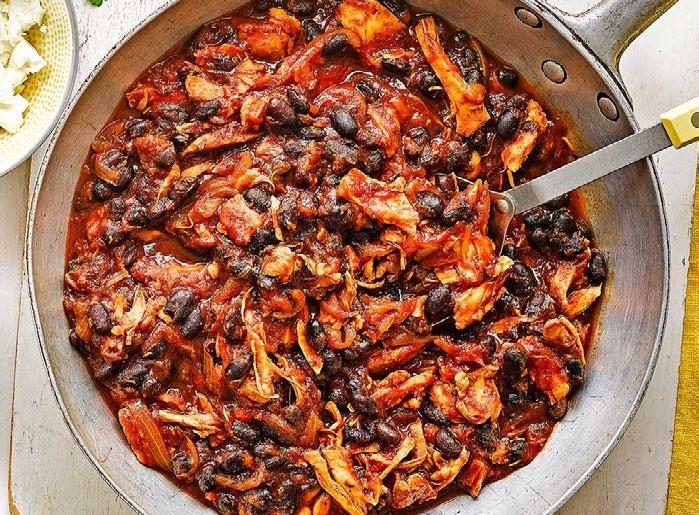
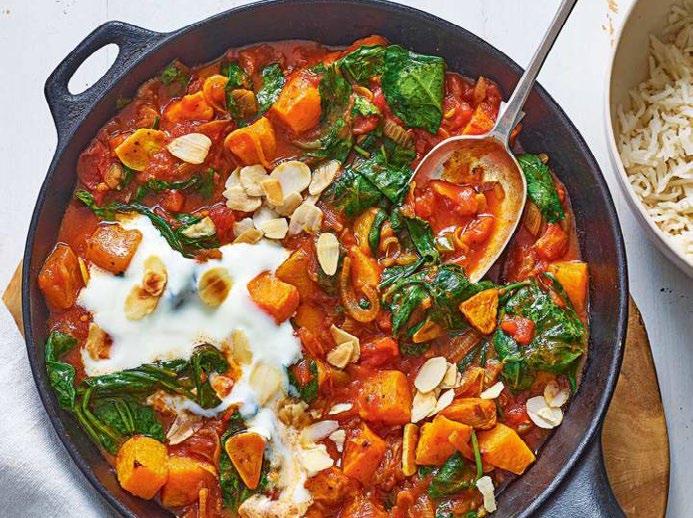

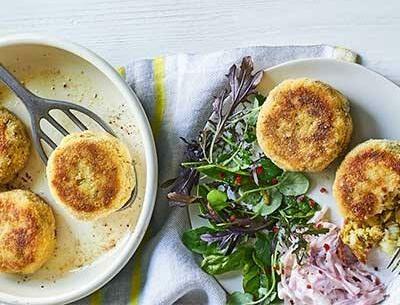
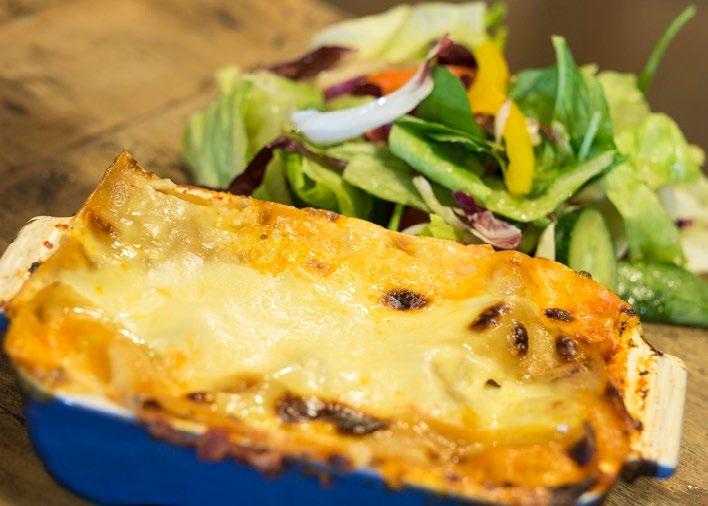
Macaroni

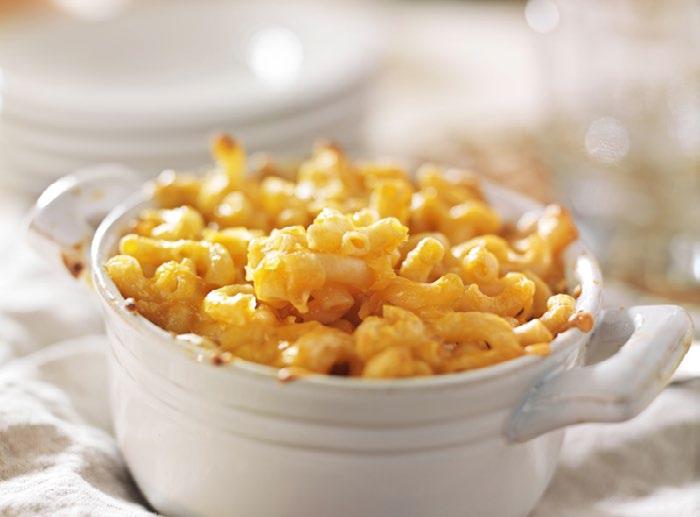
Cooking multiple meals at one time and then storing for later use.
Food is cooked in a ‘batch’, then stored in airtight containers. Meals are stored in portions for ease.
Batch cooking often involves doubling, tripling or quadrupling ingredients.
Big pans - you’re cooking bulk so ensure you have enough big pans to cope.
Large mixing bowls to bring all those ingredients together.
Storage containers and resealable freezer bags. Choose the right size for your family.
Labels. Keep track of what you’ve got and when you cooked it.
Saves money - buying food in bulk is cheaper. Saves time – you don’t need to cook every evening.
You are cooking when you want to and not when you have to.
It’s healthier as you always have a tasty nutritious meal on hand.
Set aside a few hours so you’re not rushed.
Prepare ingredients - weighing, measuring and chopping first will make the job easier.
Clean as you go and, if making several recipes at once, tidy up as you go too.
Cool before you freeze; food will keep better and save fridge energy.
This 2 minute video from The Batch Lady shows exactly what you’ll need to start batch cooking freezer meals.
This short video from The Batch Lady offers a great rundown on how to plan weekly meals for your family.

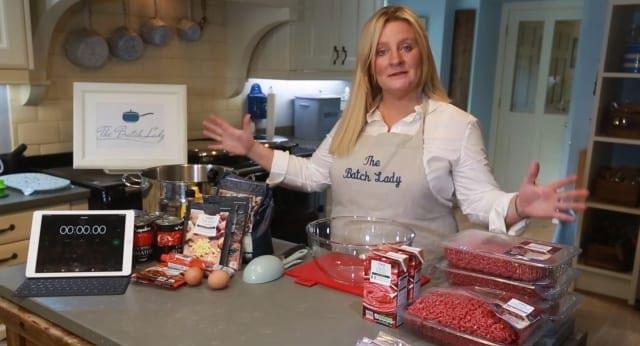
Bagel anyone? If bagels are very much your bag, I’ve got a top tip for you: Slow Rise Bakery on New Road Side in Horsforth.
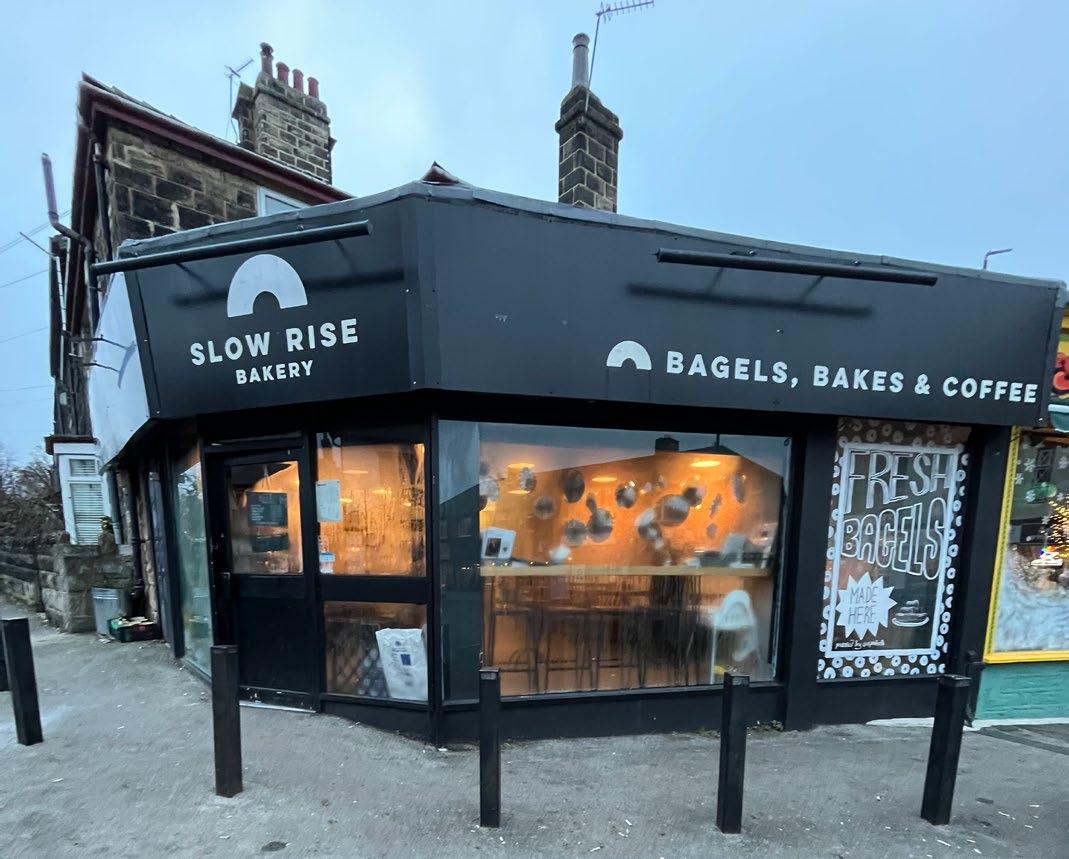
Nestled next to the ever-reliable Scoffs, Slow Rise has now been open a few years and in that time it’s become one of our favourite family weekend brunch stops.
The menu may seem short but there is definitely something for everyone and with a ‘Basics’ section that includes Peanut Butter and Jam, Chocolate Spread and just butter, no children’s menu is required. In fact, my own inner child is often more than happy with a freshly baked bagel smothered in jam!
The service is always friendly, welcoming and speedy (my children’s food always seems to arrive first, hurrah!) and the owners have clearly put a lot of thought into catering for everyone, as alternative milks are available for all coffees and teas and many of the sweet treats on offer are vegan friendly.
Takeaway is always an option but sitting in is great for people watching - if you can get a table! Locality is also clearly valued here, as works by local artists depicting Leeds landmarks are sold alongside locally produced bread and ethical brands like Tony’s Chocolonely.
The specials menu is great too with one – a roasted butternut squash, walnut and honey-filled bagel - such
a revelation that it prompted a less satisfying attempt to recreate it at home; the true mark of delicious food!
Thanks to reader Jo Hadfield for this review.

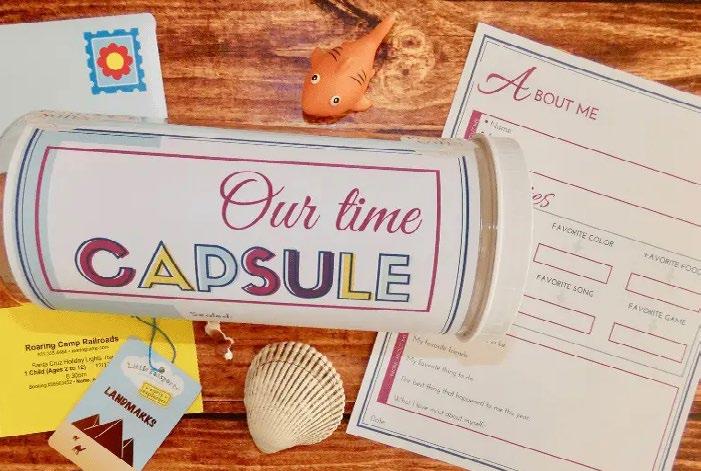

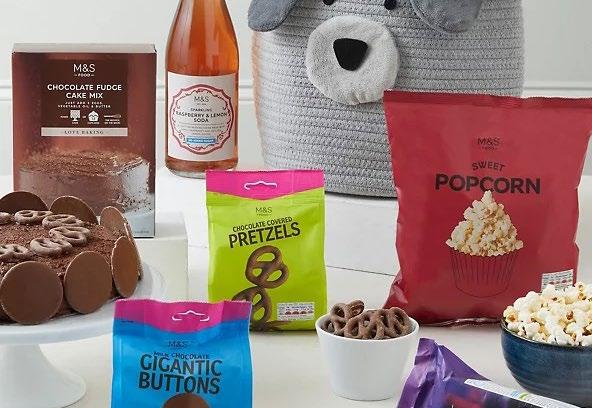
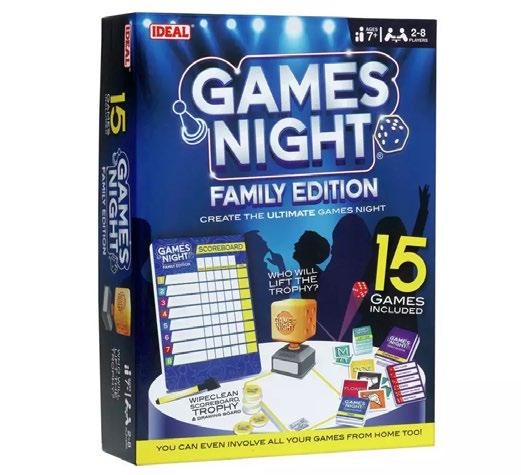

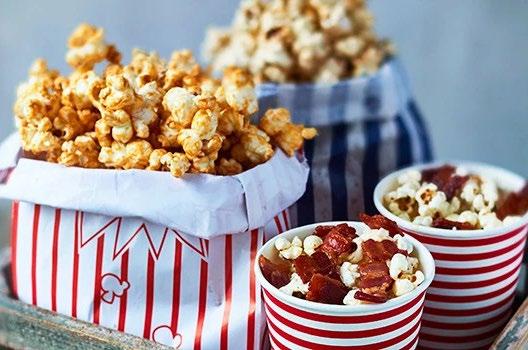
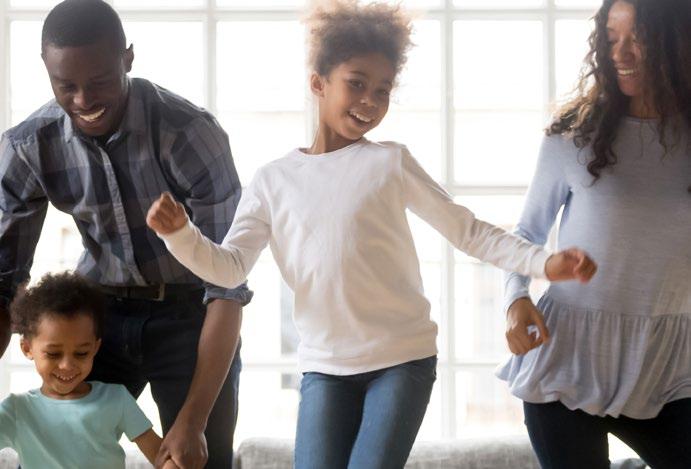

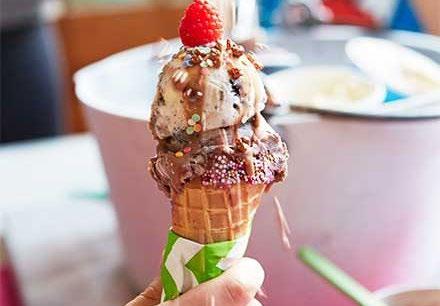
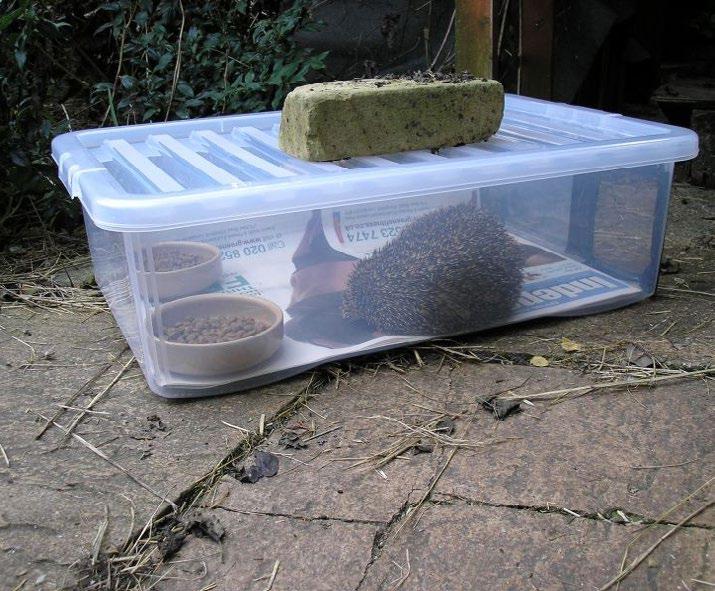
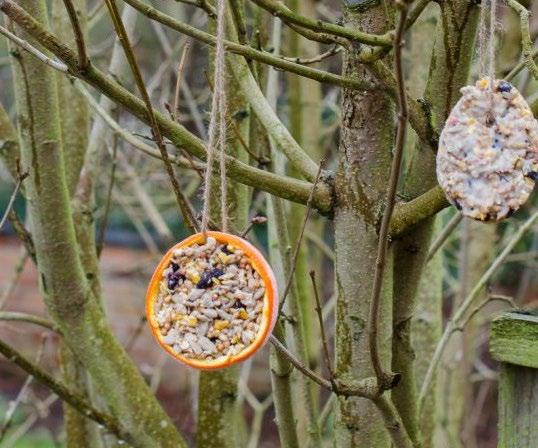
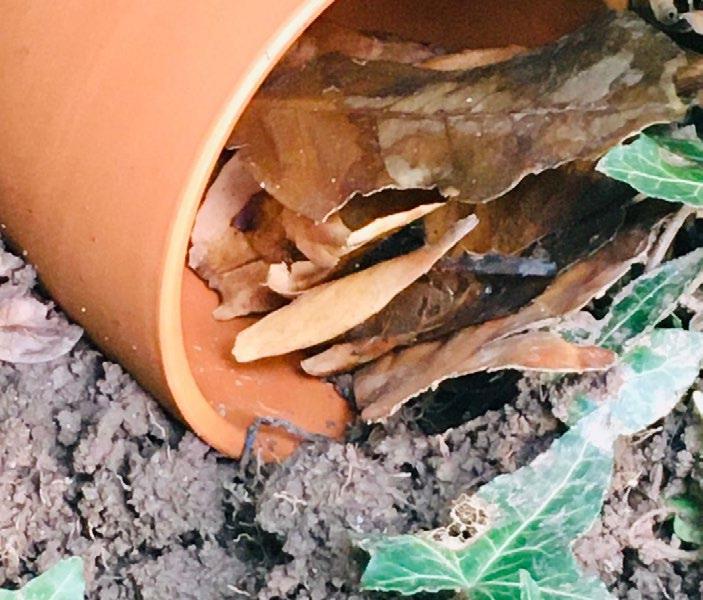

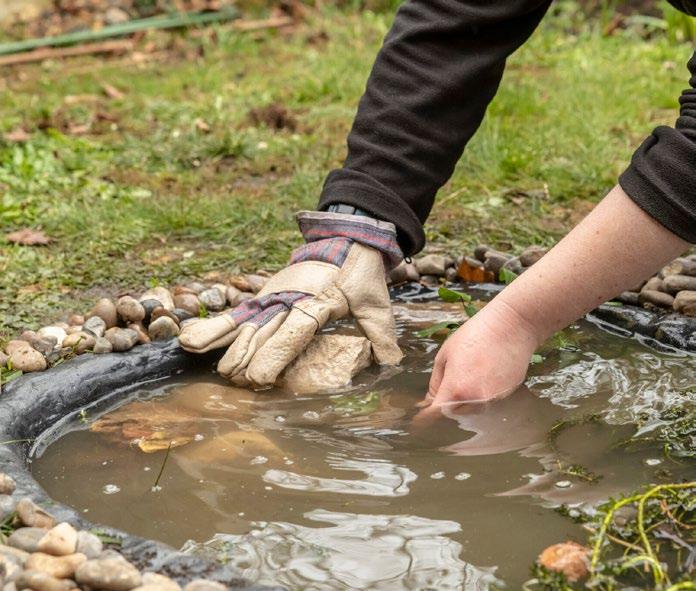
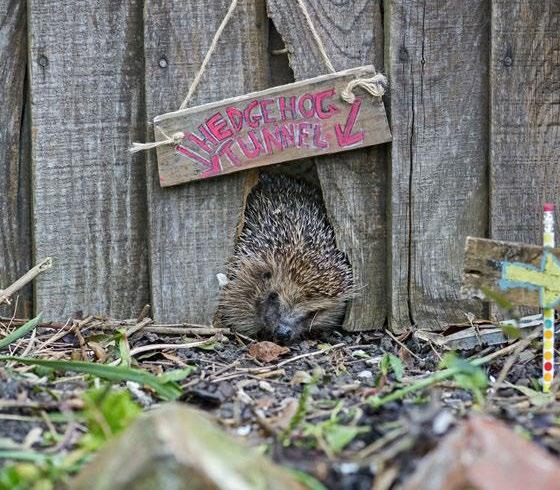
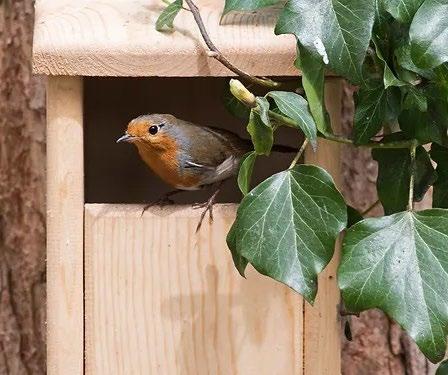
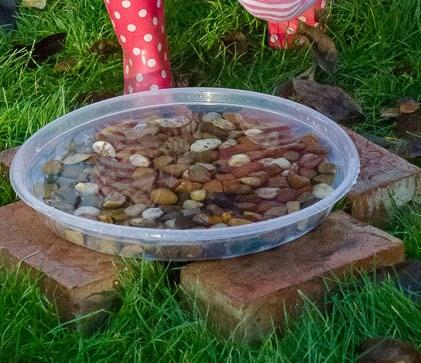
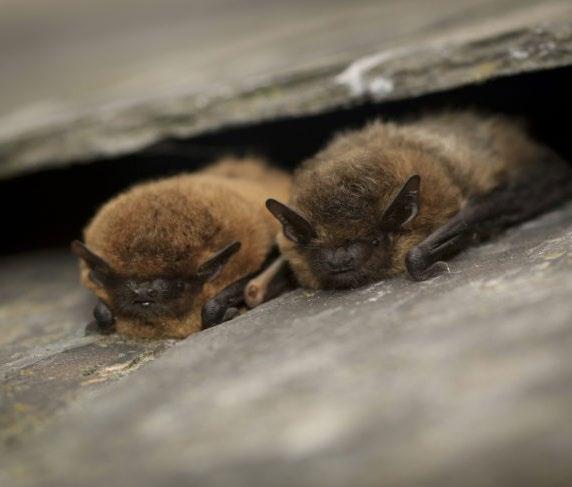
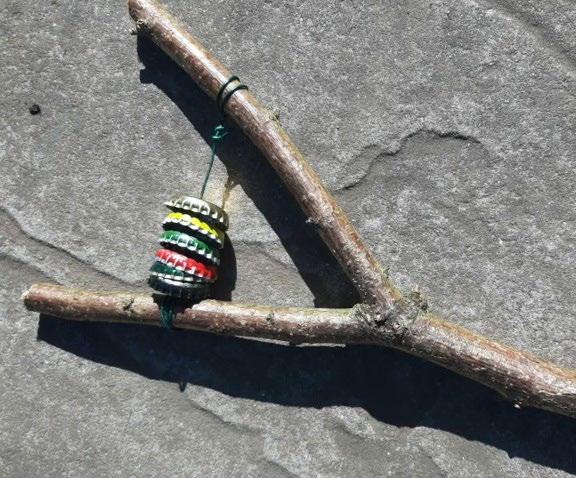
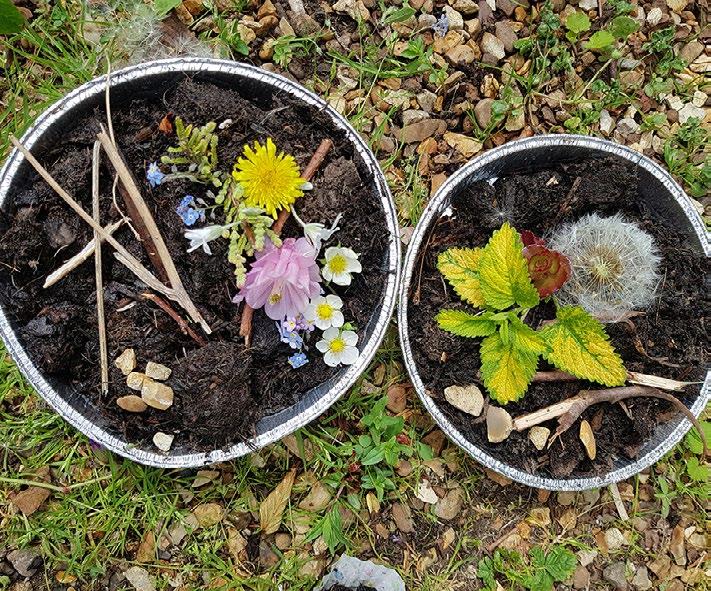



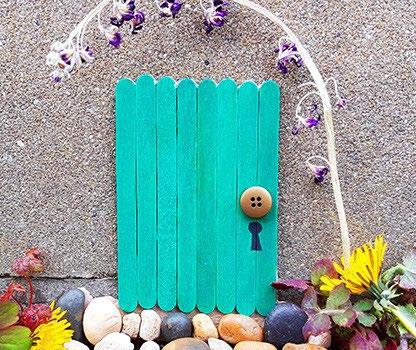
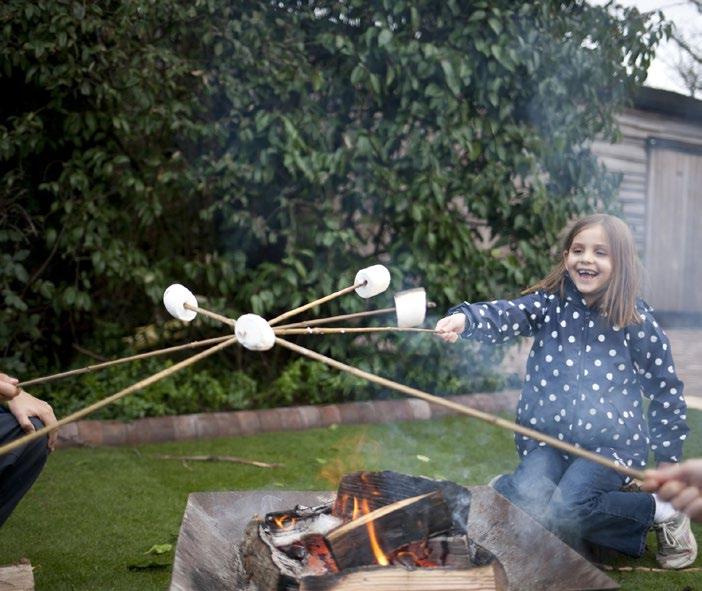


Gateways School is an independent day school for children aged two to 18 years, offering education from Early Years right through to Sixth Form.
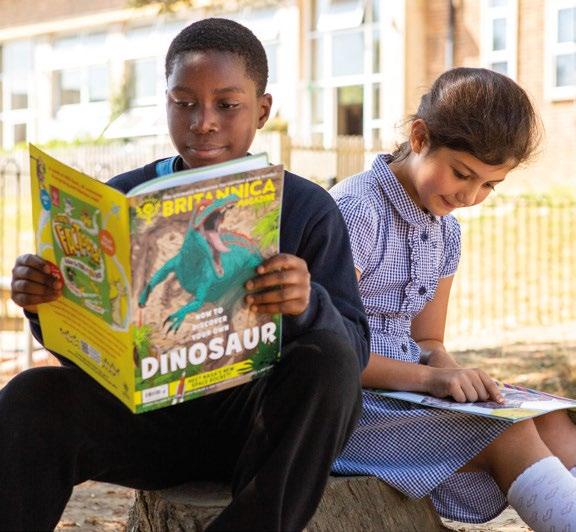
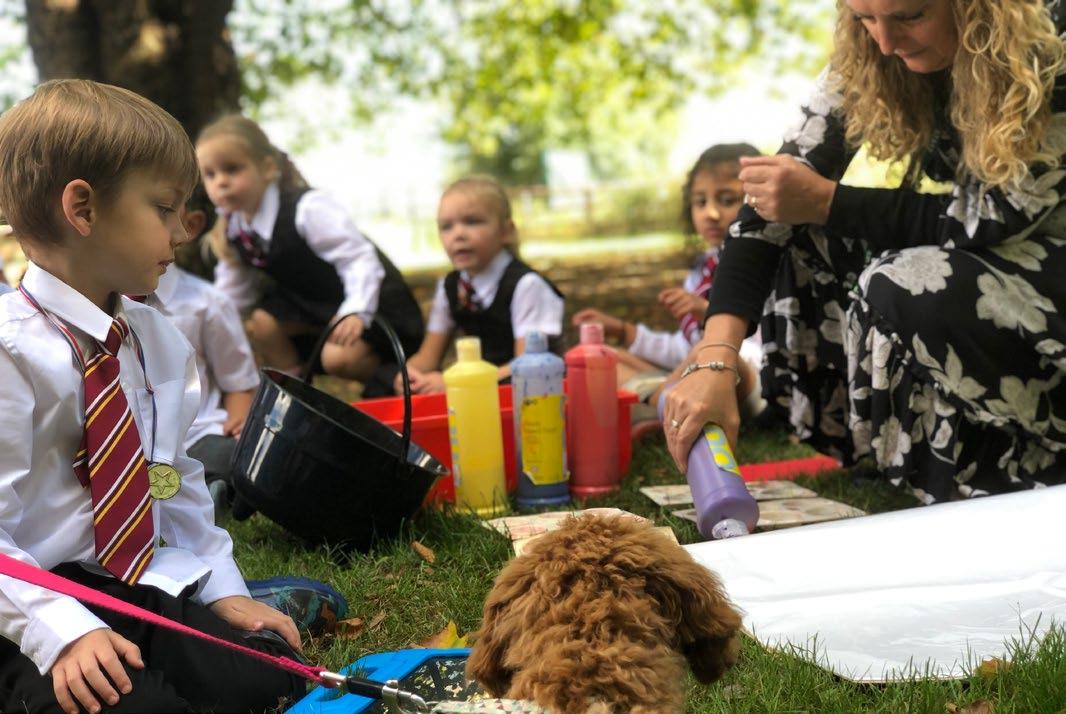
Based on a 16-acre site in Harewood village, between Leeds and Harrogate, it has a family feel, with small class sizes. The average class size is between 14 and 18 pupils.
In the nursery (the Gatehouse) there is a ratio of four children to one member of staff and in prereception the ratio is eight children to one member of staff. The children follow specially devised programmes to develop skills and confidence alongside their friends, whilst having lots of fun.

As well as benefitting from their own indoor and outdoor play areas, Early Years children have access to whole school facilities such as the dance studio, dining hall and sports facilities, not forgetting the extensive grounds.
From age three, children can also join extra-curricular activities

including Rugbytots, Spanish and musical theatre dance classes, which are delivered in school by professionals.
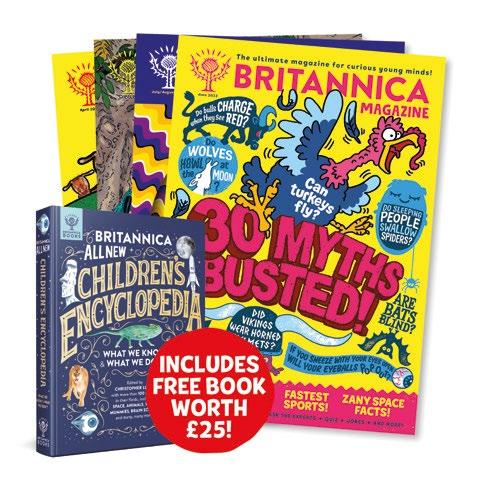
If you would like to have a personal tour of Early Years provision at Gateways School, contact Admissions on 0113 288 6345 or book online HERE.
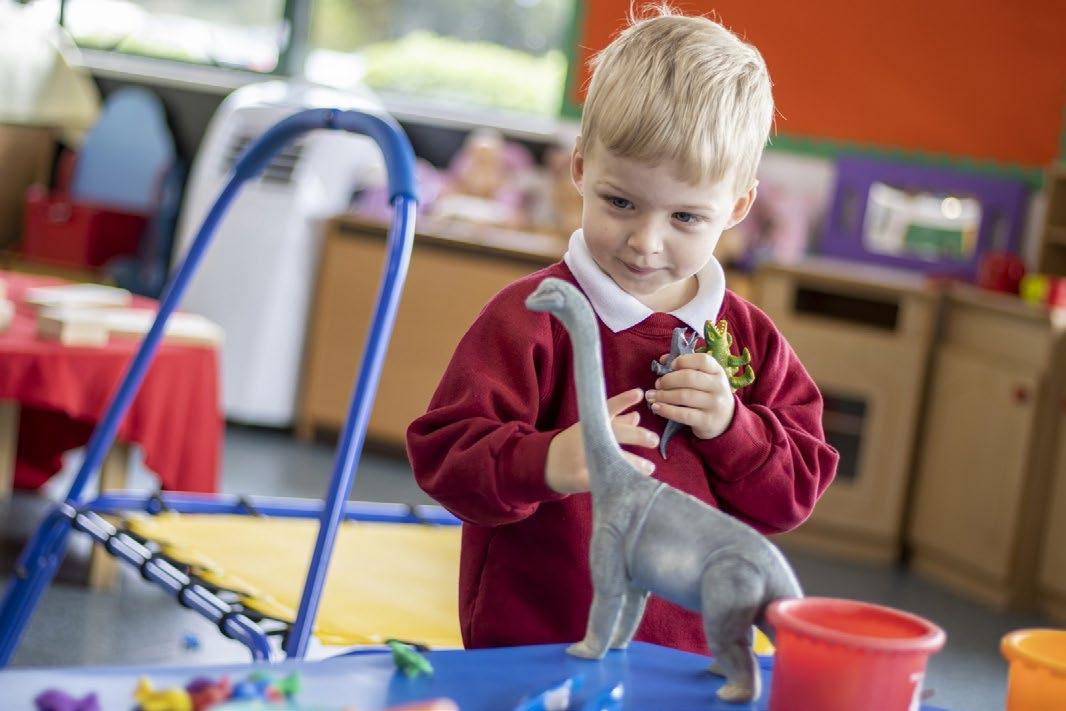



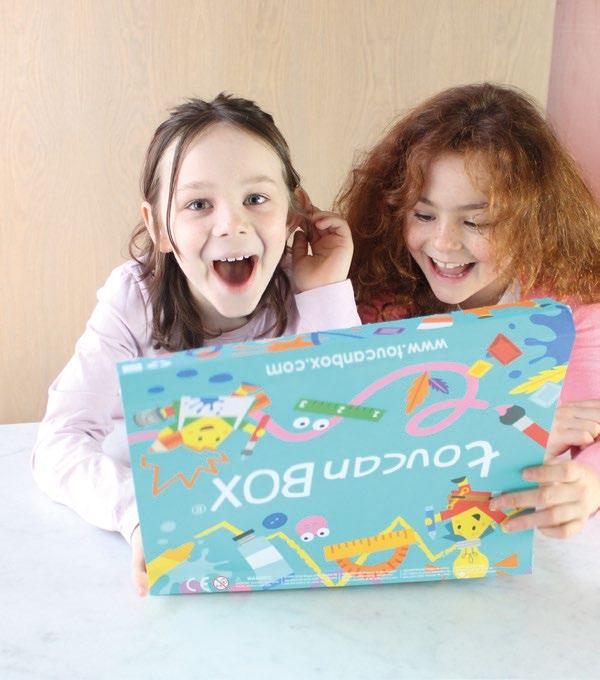
Parents wanting to locate a local children’s physiotherapist can now use an online directory launched by Association of Paediatric Chartered Physiotherapists.

The majority of children’s physiotherapists work in the NHS. Your GP can advise about local services and make a referral, if appropriate. However, some parents choose to seek advice and treatment from an independent or private physiotherapist either instead of, or to supplement, NHS care. Many children need support from a physiotherapist at some time during their childhood. This may be sought for advice and treatment relating to posture and movement or for acute injuries.
Qualified children’s physiotherapists are regulated, have additional expertise in child development and childhood conditions and the right skill base and knowledge to deliver the best care for babies and children. Find out more HERE
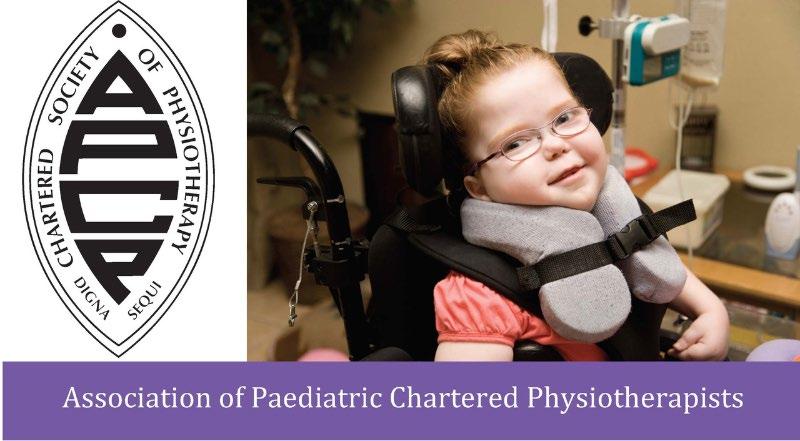
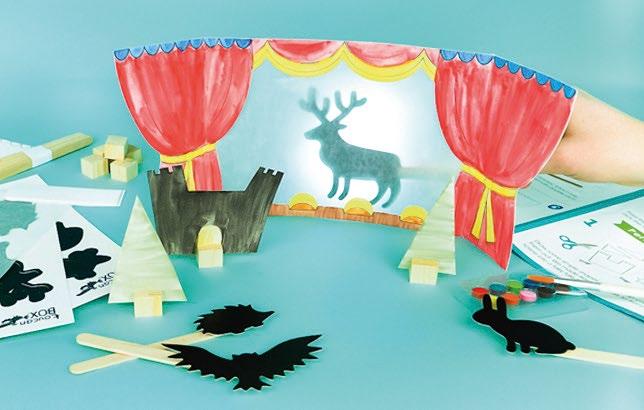










































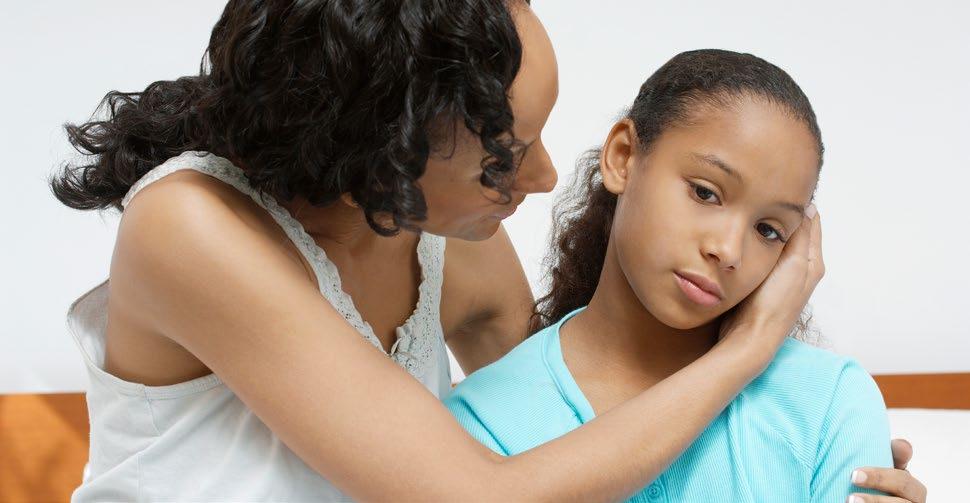
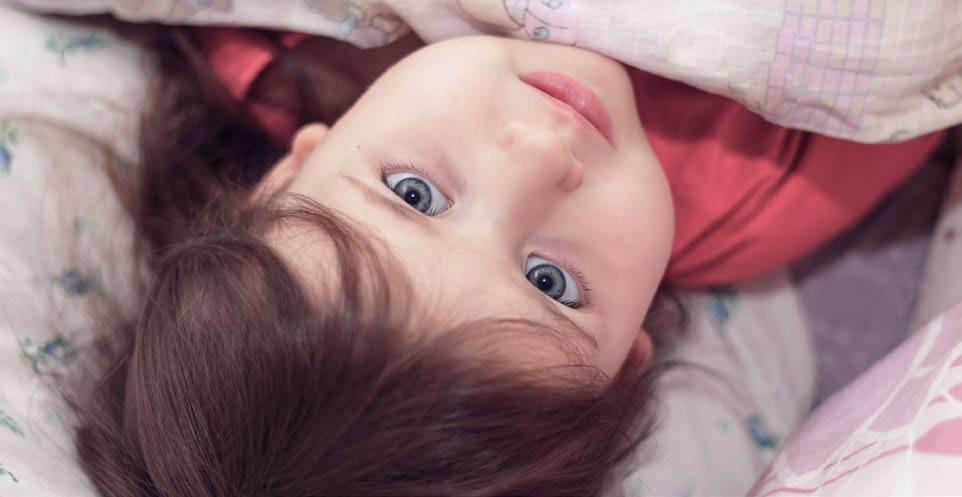
Claire at Bridgemaker Mindfulness shares her top tips.

Reading is relaxing, distracting and a good alternative to screen time. A 2009 University of Sussex study found that reading can reduce stress by up to sixty eight percent. Just six minutes of relaxing into a good book can lower blood pressure and muscle tension.
Children are more likely to express their feelings when they sense we are fully available. Sitting somewhere that they have to pass by when they return from being elsewhere and gently inviting them to join us can be a good start. Listen intently without moving into ‘fix-it mode.’
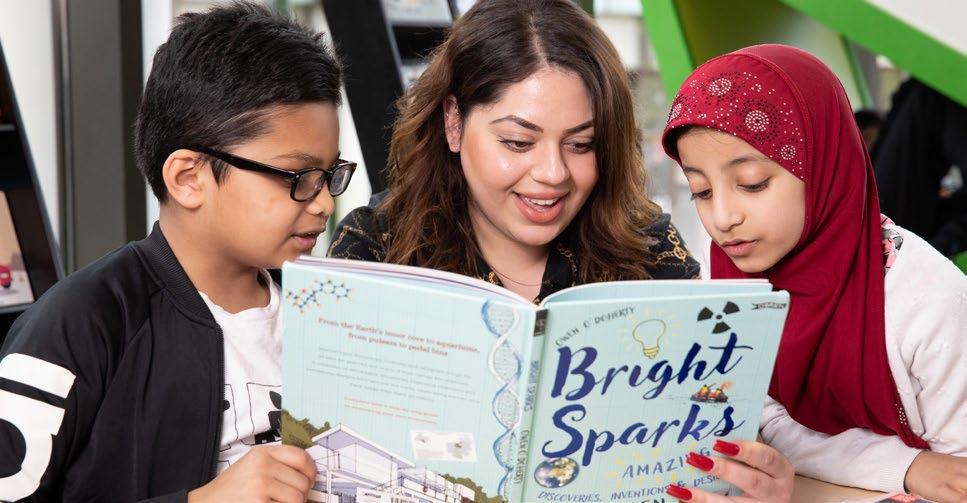
Creating a comforting, wind down routine can help (reading a book together, listening to soothing music). Try placing hands on the belly, breathing easily and focusing on the breath, following the gentle movement of the belly that rises and falls. For the busy mind, try counting the breath to ten (in – 1, out – 2 etc) over and over.
Mindfulness apps/recorded meditations can help adults and children to relax and unwind but nothing compares with attending a course with a qualified mindfulness teacher which teaches key mindfulness skills. However, if, despite your best intentions and care, your child’s behaviour or anxiety level becomes worrying, do seek medical advice from a GP.
Be fully present
Phone alerts and notifications are constantly distracting and family members often have to compete. Being fully present with the activity or conversation we’re having with our children - without distraction - demonstrates that we value ‘real’ time together and are fully available.
Research shows that too much screen time can lead to mental health issues in children, whilst lost time interacting with family/ peers can impact their social development. Monitor screen time, ensure content is ageappropriate, communicate about inappropriate images and model healthy device habits.

Children absorb emotions like sponges and overhearing the news or emotionally-charged adult conversation can fuel their anxiety. If your child is worrying about the future, use mindfulness to bring them back to the present moment—’right here, right now, with you, all is well.’ Tell them that you love them no matter what.

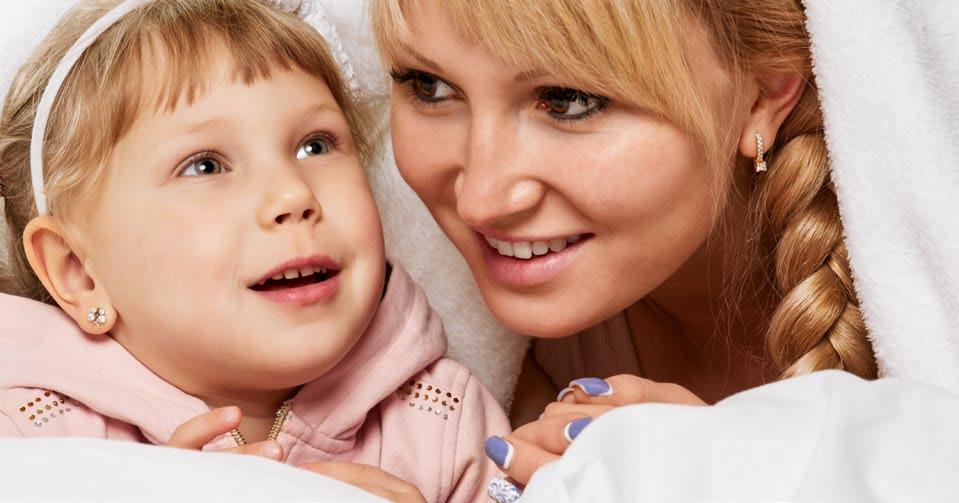
Nature-deficit disorder (NDD) can contribute to higher rates of physical and emotional illnesses. But the good news is, it can easily be reversed. Spending time in nature is easier than we think: village greens, parks, commons and nature reserves abound in the UK and they provide the perfect setting for free family activities.
